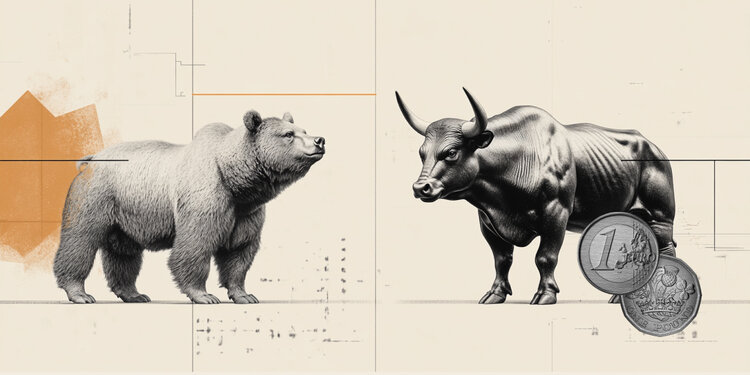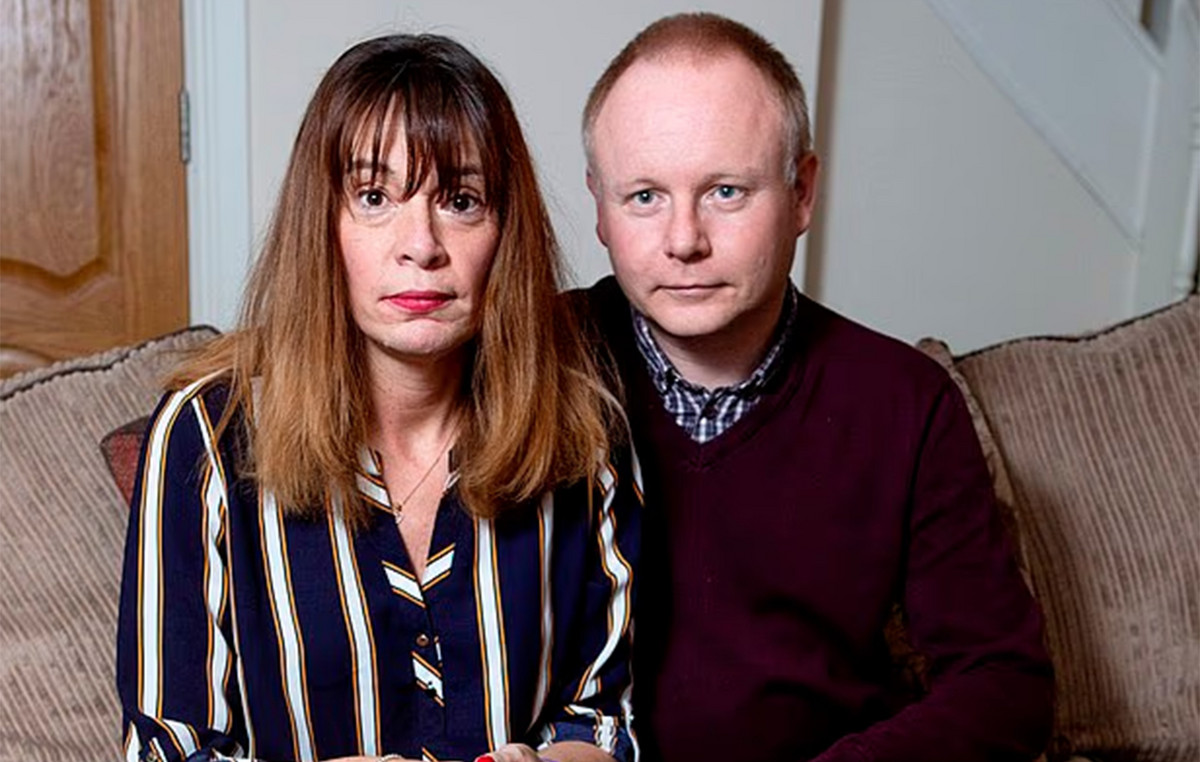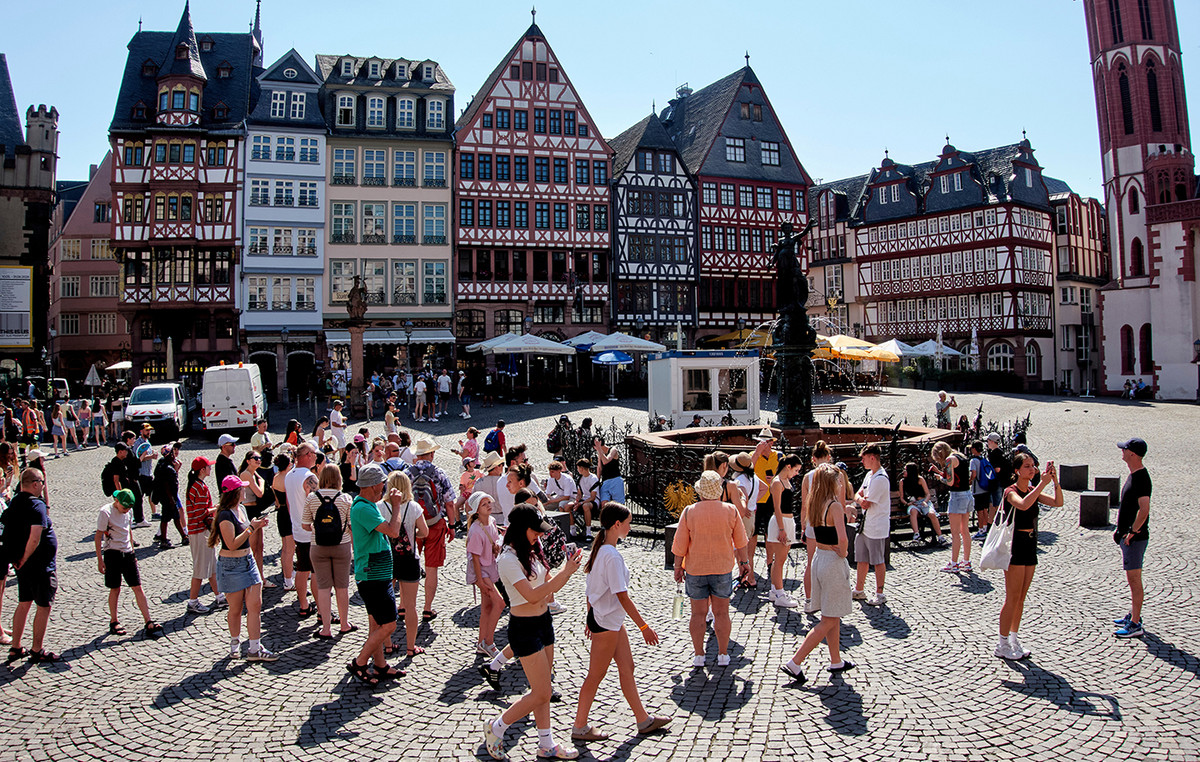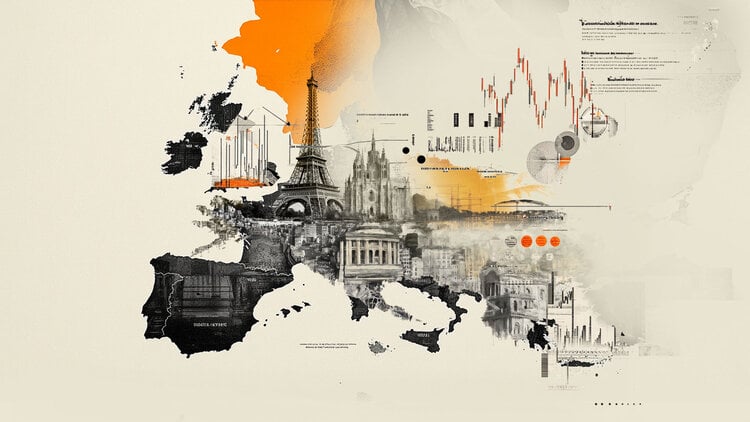THE fois gras, the gem of French cuisine that is as delicious as it is controversial, is a staple of luxury restaurants across the world. France .
But it is now disappearing from menus during an “unprecedented” crisis that has some manufacturers starting to consider reducing portions.
At the heart of the problem is an epidemic of bird flu that has been sweeping the country – and Europe – for months. It once devastated the country’s poultry industry, but now it threatens one of the country’s greatest bastions: its Michelin-starred restaurants.
“It’s been a month since we started eating less foie gras, and this week we haven’t had any,” says Pascal Lombard, chef and owner of Le 1862 a Michelin-starred fine dining restaurant in the bucolic southwest of France.
As regular deliveries of the luxurious goose liver pâté have dried up, Lombard has been scheduling emergency meetings with local producers.
But foie gras is no stranger to crises.
Its traditional production, involving force-feeding of geese and ducks, has long drawn condemnation from animal rights advocates, who managed to ban these methods elsewhere.
However, while France’s appetite for the delicacy has largely been dampened by concerns over animal cruelty, another threat to the birds’ well-being is now reducing consumption.
epidemic epicenter
The town of Les Eyzies, where the restaurant is located Lombard’s is in the heart of Périgord, one of the epicenters of the most recent avian flu epidemic.
The country has had to kill 16 million birds since the epidemic began in November 2021 to try to control the disease, the French Ministry of Agriculture confirmed to CNN.
“This figure is unprecedented for France, which has never been exposed to a crisis on such a scale,” said Marie-Pierre Pé, director of France’s interprofessional committee for foie gras producers.
Foie gras production in France is expected to fall by up to 50% this year, as the epidemic affects 80% of foie gras producers in the country.
A veteran of the foie gras industry with 35 years of experience, Marie has been through other crises like this one. Like seasonal outbreaks in the human world, bird flu hits Europe almost every year when birds migrate to and from Africa.
This year, the epidemic emerged in the spring and hit the Pays de la Loire region in the west and the Périgord territory in the southwest – two crucial areas of poultry production in France.
The Pays de la Loire alone accounts for 72% of the ducks and geese hatched in France’s foie gras industry, according to Marie.
“I have a little positive message [para os clientes e produtores]: we have to share with each other,” she said, adding that people should consume less foie gras this year so they can enjoy the delicacy more.
“There will certainly be small sized packages to facilitate service to all customers,” she said.
Isolation and vaccination
To make matters worse, other major foie gras producing countries in Europe are also facing a similar crisis, making it difficult to make up the deficit through imports.
Avian influenza has been detected across the European Union since October 2021, including in member states of the European Union. European Foie Gras Federation Spain, Belgium, Bulgaria and Hungary, according to the latest European Commission report on the epidemic.
To end the epidemic and help production return to normal levels in 2023, Marie and her fellow foie gras producers rely on two words that the Covid pandemic has made all too familiar: isolation and vaccination.
“We have a monitoring program that follows the same principle that we know to fight Covid-19,” she said.
In areas where bird flu is detected, producers are housing ducks and geese to ensure there is no contamination from migratory birds.
This requires producers to reduce the number of birds on their farm so that they have enough indoor space to accommodate them.
Two candidate vaccines are in clinical trials but won’t be available until 2023, reveals Marie.
Back in Les Eyzies in southwest France, chef Lombard is working on new dishes to fill the void left by the foie gras shortage.
“Between the bird flu, the war in Ukraine and all that, we’re going to run out of a lot of products and we’re going to have to adapt with the products we have,” Lombard said.
“2022 will be the year with a little more vegetable dishes and less meat.”
Source: CNN Brasil







